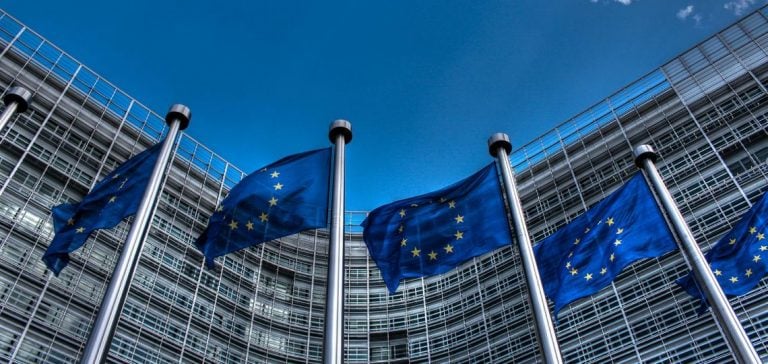The leaders of the European Union (EU) and the Gulf Cooperation Council (GCC) countries are gathering in Brussels for the first EU-GCC summit. This meeting primarily aims to prevent a “general outbreak” in the Middle East, according to European diplomats.
The summit will bring together the heads of state and government from six Gulf countries: Saudi Arabia, Bahrain, the United Arab Emirates, Kuwait, Oman, and Qatar. Discussions will also cover trade, energy, and climate change, although military operations by Israel in Gaza and Lebanon remain at the core of concerns.
Objectives and Stakes of the Summit
A high-ranking European official stated that one of the main objectives is to prevent an escalation of tensions in the Middle East. The twenty-seven EU members are also looking to strengthen their economic ties with the GCC states, although negotiations for a free trade agreement launched in the 1990s are still stalled.
Differences persist, particularly concerning the war in Ukraine, but European officials emphasize a shared desire for de-escalation and stability in the region. “Our views are more aligned on the Middle East,” added a diplomat.
Current Geopolitical Context
The discussions come as Israeli attacks against Hezbollah in Lebanon are increasing. For nearly a year, Hezbollah’s fire has regularly targeted Israeli positions near the Lebanese border. Supported by Iran, Hezbollah claims to be responding to Israeli violations of Lebanese territory.
The Palestinian Islamist movement Hamas, backed by Iran, intensified its attacks against Israel on October 7, 2023, provoking a military response. This nearly daily exchange of fire has led to the displacement of tens of thousands of people in the region.
Role of Gulf Monarchies
Traditionally allied with the West, the Gulf monarchies have recently strengthened their ties with Iran. They advocate for the establishment of a Palestinian state alongside Israel and play a key role in negotiations for a ceasefire in Gaza.
European Commission President Ursula von der Leyen and the EU’s foreign affairs chief Josep Borrell will be present at the summit. Their participation underscores the EU’s commitment to stability in the Middle East.
Economic and Diplomatic Perspectives
In addition to security issues, the summit will address economic relations between the EU and the GCC. The EU is the second-largest trading partner for GCC countries, but discussions on a free trade agreement remain stalled. Leaders will seek to overcome differences and strengthen economic cooperation.
Economic prospects are crucial in a context where the energy market and climate issues play a central role in international relations. Strengthening economic ties could also contribute to regional stability by reducing tensions.






















